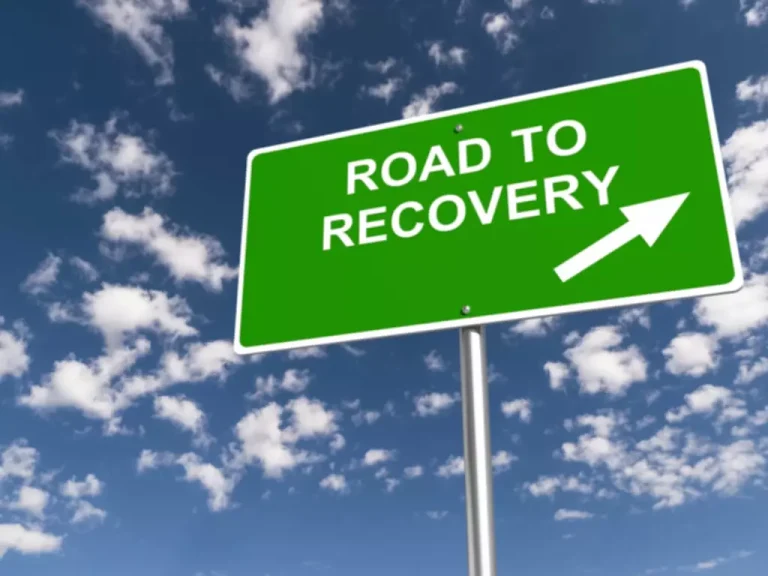
Incorporating a balance of fruits, vegetables, whole grains, lean proteins, and healthy fats can provide essential nutrients and help stabilize blood sugar levels. Proper nutrition and hydration are key components of managing sugar cravings in recovery. Addressing the root causes of sugar cravings through a well-balanced diet can help stabilize blood sugar levels and do recovering alcoholics crave sugar reduce the intensity of cravings. It is important to choose nutrient-dense foods that provide essential vitamins, minerals, and fiber.
Maintaining A Proper Diet During and After Rehab

This increase highlights the body’s response to the absence of alcohol, as it may seek out other sources of pleasure and comfort, often turning to sugary foods instead. Professional guidance is crucial for individuals in recovery who are struggling with sugar cravings. Alcoholism and sugar cravings can have complex underlying factors, both psychological and physiological. A qualified healthcare professional, such as a doctor or nutritionist, can provide personalized guidance and support tailored to the individual’s specific needs. Understanding the triggers and patterns behind sugar cravings in recovering alcoholics is essential for managing these cravings effectively. Several factors can contribute to the onset of sugar cravings, including psychological and physiological elements.
The Benefits of Music Therapy in the Recovery Process
Many alcoholic beverages and drinks contain moderate to high amounts of carbohydrates, which consist of simple sugars (ie sucrose and fructose) and complex carbohydrates. As such, high-sugar foods and alcohol consumption have a similar effect on blood sugar. In turn, they have the same effects on the brain and the individual’s psychology, cementing their connection. It’s important to note that while sugar cravings may temporarily provide a sense of satisfaction, they do not address the underlying nutritional deficiencies. In fact, excessive consumption of sugar can further deplete certain nutrients and contribute to other health issues.
Emotional Coping Mechanisms

Focusing on physical health through exercise, nutrition, and adequate sleep can help mitigate cravings. Participating in hobbies and community activities also serves to fill time meaningfully, reducing feelings of loneliness or boredom that may otherwise lead to relapses. Integrating self-care techniques is vital for mental health maintenance post-rehab.
Long-Term Effects of Drug and Alcohol Abuse on Mental Health
Alcohol addiction can have significant effects on an individual’s nutrition, often leading to malnourishment and deficiencies in both macro and micro-nutrients. This can result in individuals being overweight or underweight due to years of poor nutrition from alcohol consumption. As such, a balanced diet is essential in aiding recovery and restoring physical health. Understanding the link between alcohol and sugar addiction is crucial in the field of addiction recovery and can shed light on the common query, ‘why do alcoholics crave sugar?
Increased Risk of Chronic Diseases
By adopting a structured food intake approach, individuals in recovery can stabilize their blood sugar levels and ensure that their nutritional needs are met. A whole foods plant-based diet, for example, can be particularly beneficial in reducing sugar cravings and alcohol cravings while promoting overall well-being. Emphasizing nutrient-dense foods can help address any nutritional deficiencies that may have resulted from alcohol addiction. This dietary shift can also contribute to a sense of self-care and reinforce a commitment to sobriety. This often results in hypoglycemia, prompting the individual to satisfy their cravings with sugary foods. By combining nutrition counseling with a holistic approach to a healthy alcoholism symptoms lifestyle, individuals in recovery can effectively manage sugar cravings.

It is always advisable to consult with healthcare professionals for personalized guidance and support on managing the health implications of alcohol and sugar cravings. The intersection of sugar cravings in alcohol recovery is a complex phenomenon rooted in biological, psychological, and lifestyle factors. While this craving is common, especially in the early stages of recovery, understanding and https://ecosoberhouse.com/ managing these cravings is essential for sustained sobriety and overall health. By emphasizing balanced nutrition, lifestyle changes, and emotional support, individuals can navigate this challenging aspect of recovery and work towards a healthier, addiction-free life. As research continues to shine light on the intricate relationship between sugar and alcohol addiction, those in recovery can gain insightful strategies to aid their journey towards lasting wellness. Understanding this link can lead to more comprehensive and effective treatment strategies.
Requesting a Clear Withdrawal Definition
- This decrease can lead to a desire for foods that can boost these neurotransmitters, such as sugar-rich foods.
- Discover how collaboration and volunteering strengthen bonds for mental health.
- A balanced diet rich in complex carbohydrates, proteins, and healthy fats is fundamental for recovery.
- Incorporating these strategies can help recovering alcoholics manage their cravings more effectively and support their journey toward a healthier lifestyle.
- With dedication and these helpful tips, managing your sugar cravings in recovery is achievable.
Furthermore, sugar can act as a substitute for alcohol in individuals recovering from alcohol addiction, providing temporary pleasure and comfort. However, this can lead to its own set of health concerns and potentially develop into a sugar addiction. Eating a diet high in nutrients can help improve mood, while foods with low nutritional value and high sugar content may hinder mood stabilization. Addiction professionals are incorporating a holistic treatment approach that emphasizes the mind-body connection in recovery, which includes paying attention to food as part of the treatment process. Alcohol consumption can also negatively impact blood sugar control, particularly in individuals with diabetes.
Psychological Factors
Understanding the psychological connections behind sugar cravings in recovering alcoholics is crucial for recognizing the broader implications of addiction recovery. Two key aspects include reward pathway stimulation and replacement behavior. People with substance use disorders often experience intense cravings for sugar during their recovery journey. According to APN, the preference for sweet foods can be linked to addictive behaviors. There seems to be an underlying connection between these addictive behaviors and sugar intake, which can be traced back to how sugar affects the brain. Alcohol use disorder can significantly impact the body’s nutrient levels, leading to various nutrient deficiencies.
